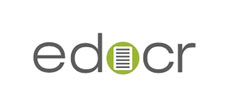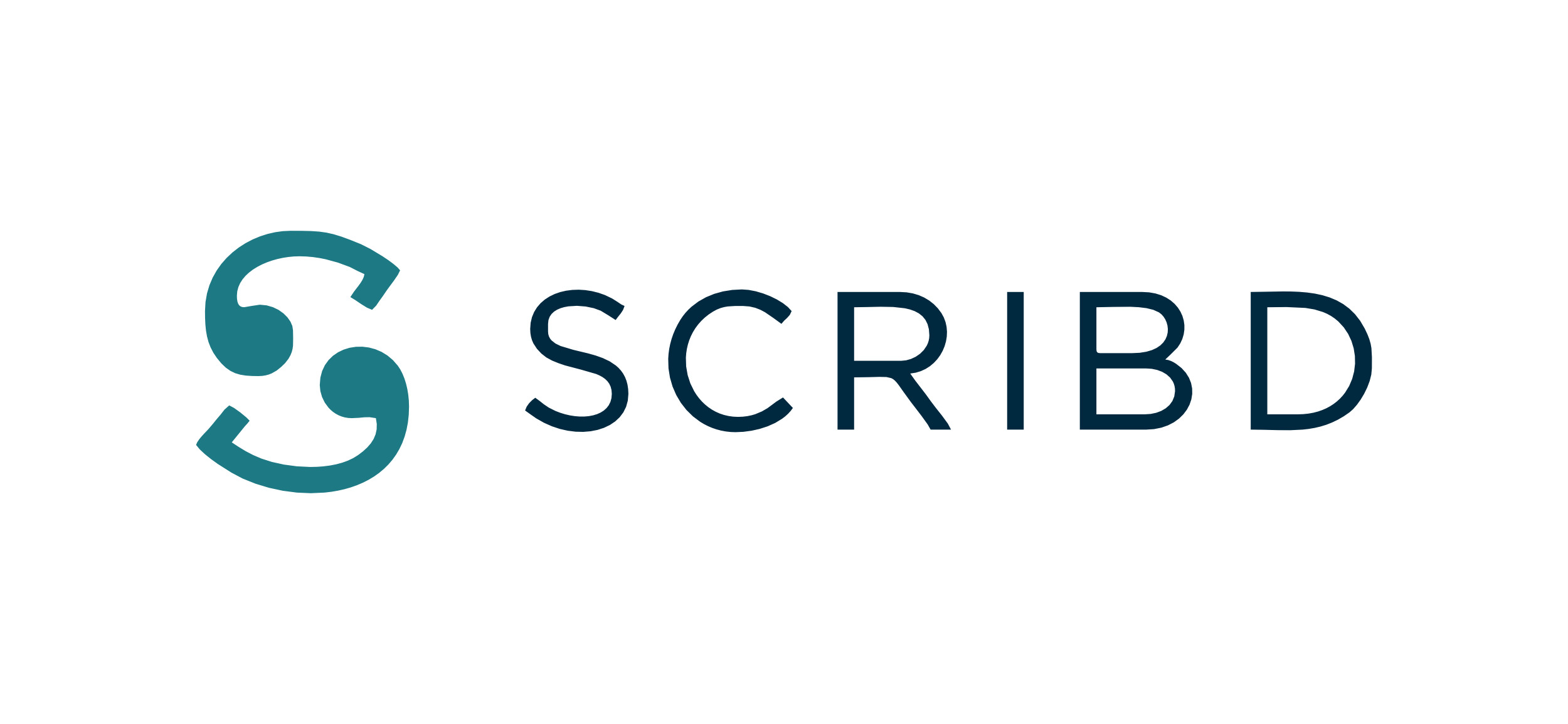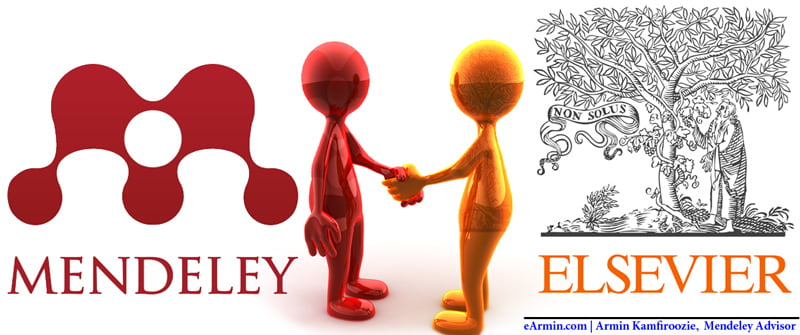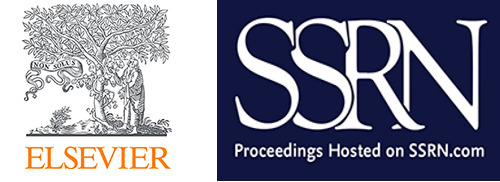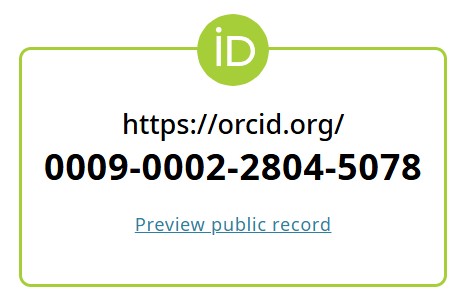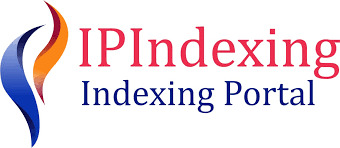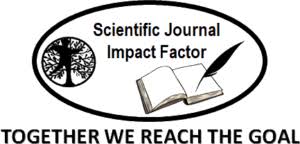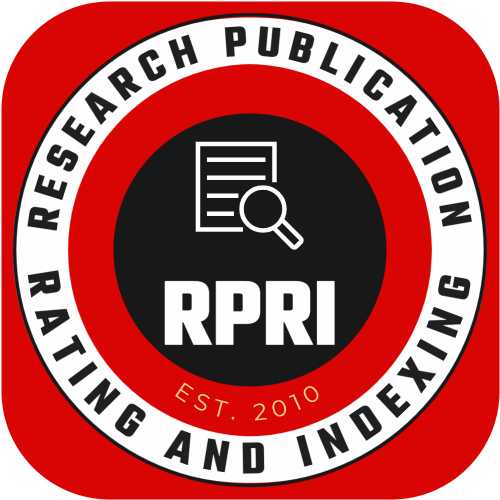Article
JOBFITAI: AUTOMATED SKILL-BASED CLASSIFICATION AND MATCHING OF CANDIDATES TO RELEVANT JOB OPENINGS
In today’s dynamic job market, finding the right fit between candidates and job roles has become a significant challenge for organizations. The increasing number of applicants for each job opening, coupled with diverse candidate profiles, makes it difficult for human resource teams to efficiently evaluate and select the most suitable individuals. Traditional recruitment processes primarily rely on manual screening and keyword-based filtering, which often fail to consider multiple important aspects such as skills alignment, experience, education, certifications, and availability. These limitations result in time-consuming hiring cycles, inconsistent selections, and potential mismatches between job requirements and candidate capabilities.The core problem lies in the inefficiency and subjectivity of traditional hiring methods. Manual evaluation is not scalable and is prone to human bias. Moreover, conventional systems lack the ability to analyze complex relationships among different candidate features and job expectations. As a result, there is a growing need for intelligent, data-driven systems that can automate and optimize the hiring process.To address these challenges, this research proposes an AIpowered job matching system that leverages supervised machine learning models to predict a Job Fit Score for each applicant. The system incorporates key candidate attributes such as skills score, experience, education level, certification strength, job location match, and immediate availability. By analyzing these inputs, the system predicts how well a candidate matches a specific job profile. Three different ML models are employed—Gradient Boosting Regressor (GBR), K-Nearest Neighbors (KNN), and Multi-Layer Perceptron (MLP)—with the MLP model achieving the best overall performance in terms of prediction accuracy and error metrics.This intelligent solution reduces manual effort, improves matching accuracy, and ensures fairer and more objective hiring decisions. It enhances HR efficiency by prioritizing candidates with the highest fit scores and offers a scalable model that can be adapted across industries. The proposed system signifies a major step toward transforming the traditional recruitment process through AI-driven insights and predictive analytics, enabling organizations to build more effective and future-ready teams
Full Text Attachment


